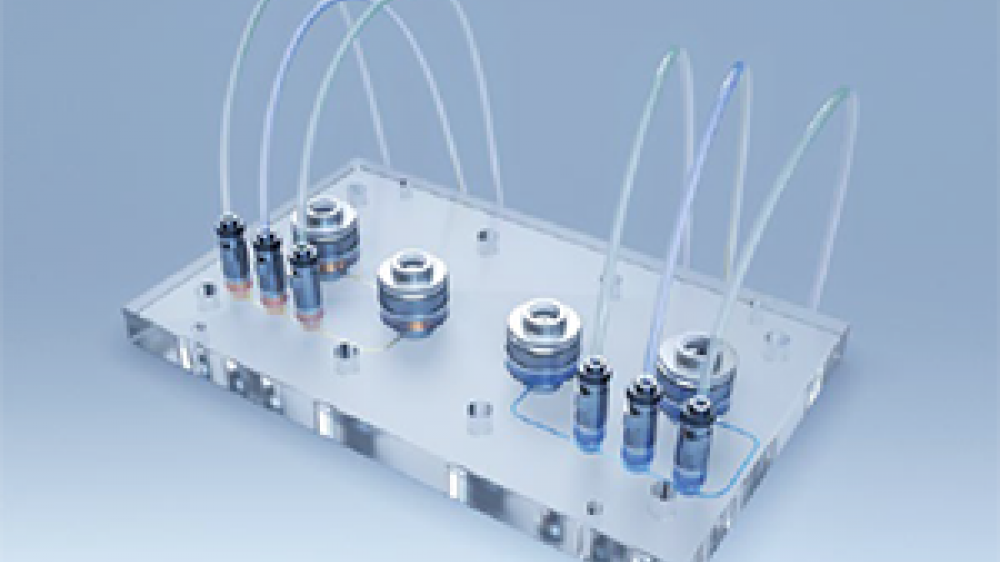Working together to advance the use of organ-on-a-chip technologies in drug development

The NC3Rs, Medicines Discovery Catapult and the University of Liverpool MRC Centre for Drug Safety Science (CDSS) have today published a report outlining recommendations to accelerate the adoption of organ-on-a-chip (OOAC) technologies to revolutionise drug target identification and validation studies without the need for animals.
Organ-on-a-chip and other microphysiological system technologies have great potential to make preclinical drug development more human-relevant and reduce the current high rates of drug attrition. Recent publications suggest that OOACs can be used for modelling the complexities of diverse pathologies including neurodegenerative diseases, the blood brain barrier, respiratory disease and diabetes. Despite this, these technologies are still not routinely used in making decisions about the safety or efficacy of new medicines, with companies regularly using familiar animal models with unproven or limited predictive value to humans.
The three organisations held a workshop in May 2018 to better understand the UK landscape in the development and application of these technologies. Representatives were invited from across academia, contract research organisations, pharmaceutical companies, technology developers, research funders and regulatory agencies to debate the reasons behind the lack of progress in the more routine adoption of these technologies in drug development. GSK, AstraZeneca, Roche and Charles River presented case studies describing where OOAC technologies have been successfully applied; and a series of recommendations setting out opportunities to progress OOAC technology within the UK were developed. These included:
- Developing an agile UK OOAC network accessible to the diverse disciplines and stakeholders relevant to OOAC technology development and adoption to share experiences across sectors and improve the visibility of currently available technologies and expertise.
- Specific and sustained funding opportunities to support cross-sector and cross-discipline collaborations, with specific focus on supporting early career researchers and short-term placements for training in new techniques.
- Understanding better the scientific and technical challenges and opportunities these models offer.
Today’s report represents a call to arms to the diverse UK OOAC research community to work together in implementing these recommendations to accelerate their further development and adoption. The expertise present in the UK science-base across the biological, engineering and chemical sciences means the UK is well placed to make a valuable contribution to the future of OOAC technologies. Together with the flexible UK regulatory environment, the full potential of these technologies to improve drug discovery success rates by replacing animals with potentially more physiologically-relevant human-based models, will be realised.
Download the full workshop report here.
